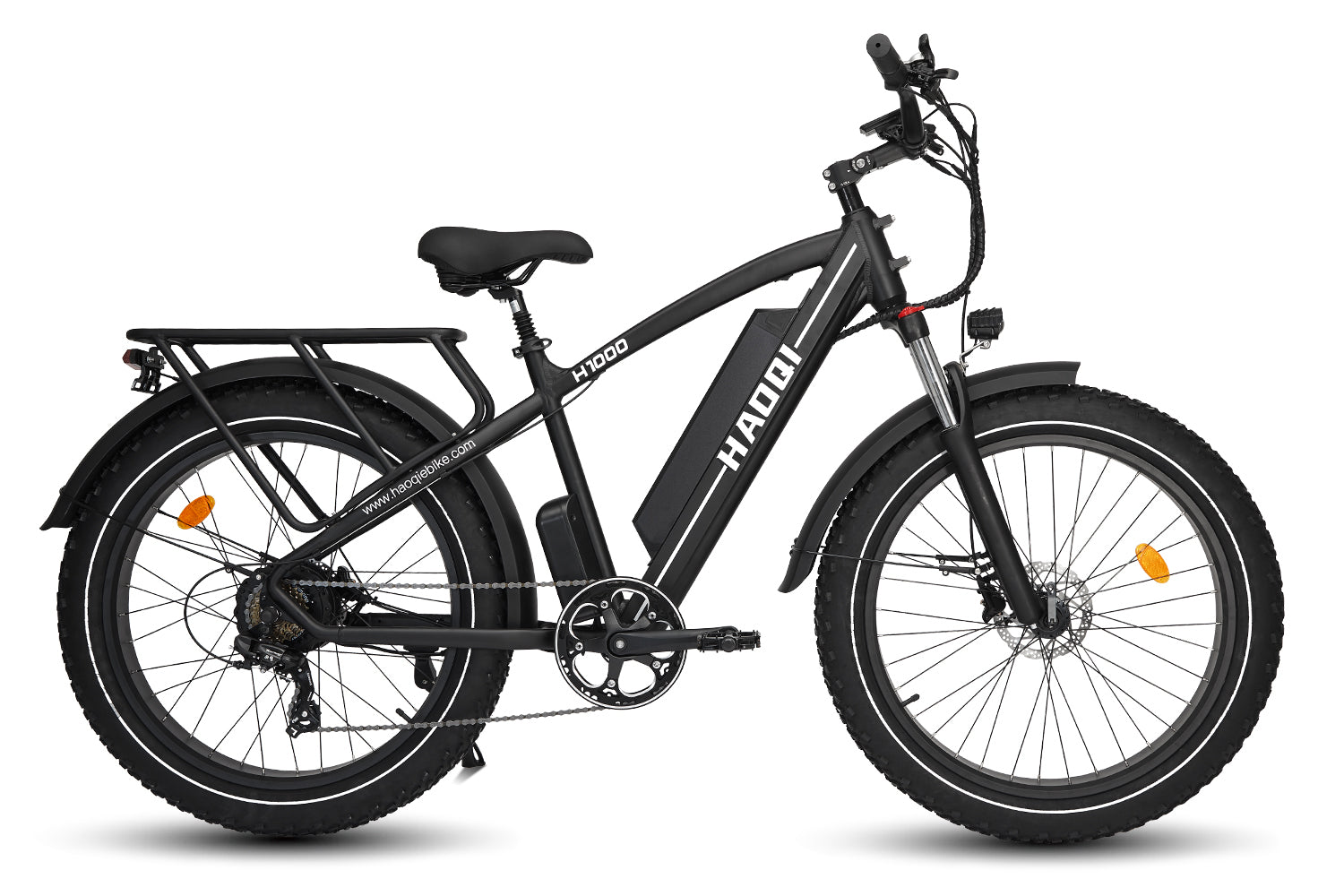One common concern among e-bike owners is understanding the electric bike battery replacement cost. Whether you're experiencing diminished performance or planning for future maintenance, knowing what influences these costs can save you time and money. This guide aims to provide a comprehensive overview. Transitioning from general knowledge to specific factors, we'll help you make informed decisions about your e-bike battery replacement needs.

What Are E-bike Batteries Made of?
E-bike batteries, typically made from lithium-ion cells, are the primary power source for electric bicycles. Understanding the composition of e-bike batteries is essential for anyone looking to replace or maintain their battery, as they contribute to the overall performance and longevity of the battery. These components include:
Lithium-ion Cells
Most modern e-bike batteries use lithium-ion cells due to their high energy density, long lifespan, and relatively light weight. And these cells play a crucial role in the battery's performance.
Battery Management System (BMS)
The BMS is a vital component that ensures the safety and efficiency of the battery. It monitors the battery's state of charge, controls the charging and discharging processes, and helps prevent overcharging, overheating, and short circuits.
Casing and Connectors
The outer casing of an e-bike battery is usually made from durable materials such as aluminum or high-strength plastic. This casing protects the internal components from physical damage and environmental factors. Additionally, the connectors ensure a secure and stable connection between the battery and the e-bike.
Wiring and Insulation
High-quality wires and insulation materials help prevent electrical shorts and ensure the reliable transmission of power from the battery to the motor.
How Much Does an Electric Bike Battery Replacement Cost?
The cost of replacing an electric bike battery typically ranges from $200 to $900, primarily influenced by the battery's capacity, type, and brand. Higher-capacity batteries, which provide extended range and power, generally command higher prices. On the other hand, batteries for basic or older e-bike models may fall on the lower end of the price spectrum. It's also important to consider compatibility and warranty options, as these can affect overall replacement costs and value.
What Affects Battery Replacement Costs?
Several factors influence the electric bike battery replacement cost. These include the battery's capacity, type, and brand. Here is how such factors affect the battery replacement cost:
Battery Types
Different types of batteries are available for e-bikes, with lithium-ion batteries being the most common due to their high energy density and long lifespan. While they tend to be more expensive, their durability and efficiency often justify the higher price.
In contrast, other types like nickel-metal hydride or lead-acid batteries are more affordable but come with trade-offs. Nickel-metal hydride batteries have a lower energy density and shorter lifespan, while lead-acid batteries are heavier and less efficient. These factors result in lower performance and more frequent replacements, ultimately affecting overall costs.
Battery Size and Capacity
The size and capacity of the battery is a contributing factor to the cost. Batteries with higher capacities, measured in watt-hours (Wh), provide longer ranges. For instance, a 500Wh battery will cost more than a 300Wh battery due to its ability to store and deliver more energy, thus supporting longer rides.
Larger capacity batteries not only extend the range of the e-bike but also improve its performance in terms of speed and power. However, these benefits come with increased production costs, which are reflected in the price. Consequently, choosing a battery with the appropriate capacity for your needs is crucial in balancing cost and performance.
Brand
The reputation and popularity of a brand can also significantly affect the cost of an ebike battery. Established brands usually have higher price due to their proven reliability and high-quality standards. However, it's important to note that not all brands follow this trend. For instance, HAOQI offers high-quality batteries that are specifically designed for e-bikes, such as the 48V and 52V options for models like the Leopard and Antelope. These batteries ensure a perfect fit and optimal performance at competitive prices. By purchasing directly from HAOQI, you can ensure that you are getting a battery that meets the exact specifications of your e-bike, ensuring a seamless replacement experience and excellent value.

Conclusion
Overall, gaining insight into the elements that influence electric bike battery replacement costs empowers e-bike owners to make knowledgeable choices. From the type and capacity of the battery to the brand and overall quality, each aspect plays a significant role in determining the cost. By opting for high-quality, reputable batteries, you can ensure better performance and longevity, which translates to fewer replacements and long-term savings.
If you're looking for a reliable and high-quality battery for your e-bike, consider exploring the range of options available at HAOQI. Visit our website today to find the perfect battery that suits your needs and keeps your e-bike performing at its best.
FAQ
Does Battery Replacement Require Professional Service?
Battery replacement for an electric bike doesn't always require professional service, but it is highly recommended. While some e-bike batteries are designed for easy removal and replacement, others may need to be reset by a dealer or repair shop to ensure the new battery integrates correctly with the bike's system.
How to Choose a Cost-effective Battery Replacement Solution?
To choose a cost-effective battery replacement solution, consider the battery type, capacity, and brand. Look for batteries that offer a good balance between price and performance, such as lithium-ion batteries, which provide a longer lifespan and better efficiency. Purchasing directly from reputable manufacturers or trusted retailers can also help ensure you get a reliable product at a reasonable price.
How Do Environmental Regulations Affect Battery Replacement Costs?
Environmental regulations require batteries to be recycled or disposed of safely, adding to replacement costs. Manufacturers must follow strict guidelines for hazardous materials, increasing production and disposal expenses. These costs are often passed on to consumers.





![HAOQI Antelope 500W Cargo Electric Bike (UL Certified) [electric bike] [HAOQI ebike]](http://haoqiebike.com/cdn/shop/products/haoqi-antelope-cargo-electric-bike-with-dual-battery-haoqiebike-com-1.jpg?v=1753954498&width=1500)
![HAOQI Squirrel Folding Electric Bike (UL Certified) [electric bike] [HAOQI ebike]](http://haoqiebike.com/cdn/shop/files/1_03c67b67-715e-4617-a648-51f108ceb425.jpg?v=1766473332&width=1500)

![HAOQI Eagle Long Range Electric Bicycle (UL Certified) [electric bike] [HAOQI ebike]](http://haoqiebike.com/cdn/shop/files/2_bf7ae46b-aad6-472a-9c14-d56ca3f0feb6.jpg?v=1755142722&width=1500)

![HAOQI Antelope Pro 750W Cargo Electric Bike (UL Certified) [electric bike] [HAOQI ebike]](http://haoqiebike.com/cdn/shop/products/haoqi-antelope-pro-cargo-electric-bike-with-dual-battery-750w-haoqiebike-com-1.jpg?v=1751610204&width=1500)










Leave a comment
All comments are moderated before being published.
This site is protected by hCaptcha and the hCaptcha Privacy Policy and Terms of Service apply.